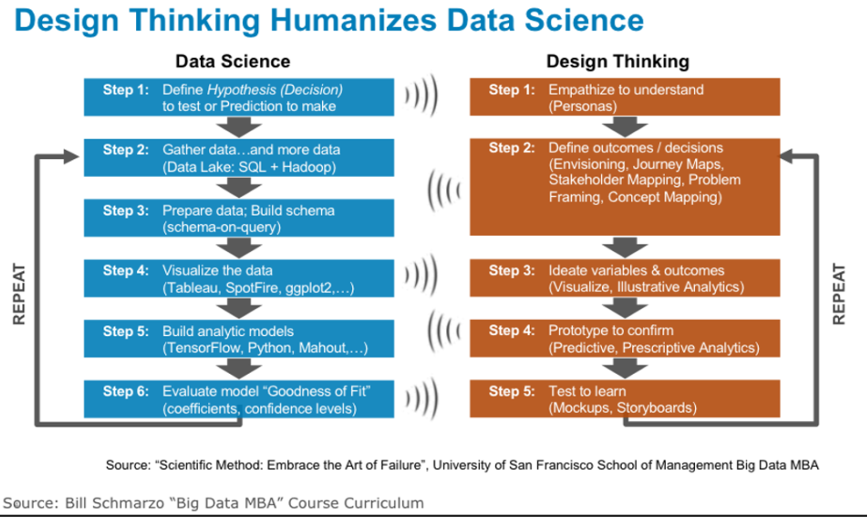METS Regional User Networks
METS data currently serve a wide range of ocean scientists studying marine ecology and biogeochemical cycles. These long-term, consistently sampled ocean observations are valuable multidisciplinary assets that have provided transformative insights into how marine ecosystems function and how they are changing. However, a lack of common data reporting standards not only limits scientific capacity to compare and synthesize data across sites to observe geographic patterns of variability and change, but causes METS data to remain an untapped resource for ocean and earth system modelers, resource managers, educators, students, etc. (Benway et al., 2020). Facilitating an ongoing dialog with broader end-user communities and documenting outcomes of these exchanges is necessary to enhance the regional and global knowledge gained from sustained time series measurements.
As part of the METS RCN, we will develop novel regional METS user networks around a small subset of US-funded METS (e.g., HOT, BATS, CalCOFI, etc.) to build and strengthen links to interested scientists (including observationalists and modelers), resource managers (fisheries, water quality, etc.), and educators (informal, K-12, colleges and universities, etc.). We will initiate this work virtually and then as the user networks start to take form, we will convene a workshop of the METS user network participants to share use cases in order to identify data and information needs. Using a Design Thinking-inspired approach (Fig. 1), participants will work with data scientists and data managers to identify the distinct information needs of different groups (e.g., modelers, resource managers, educators, etc.), brainstorm on a core set of data formats and data interface capabilities to best meet those needs through use cases from each group.
